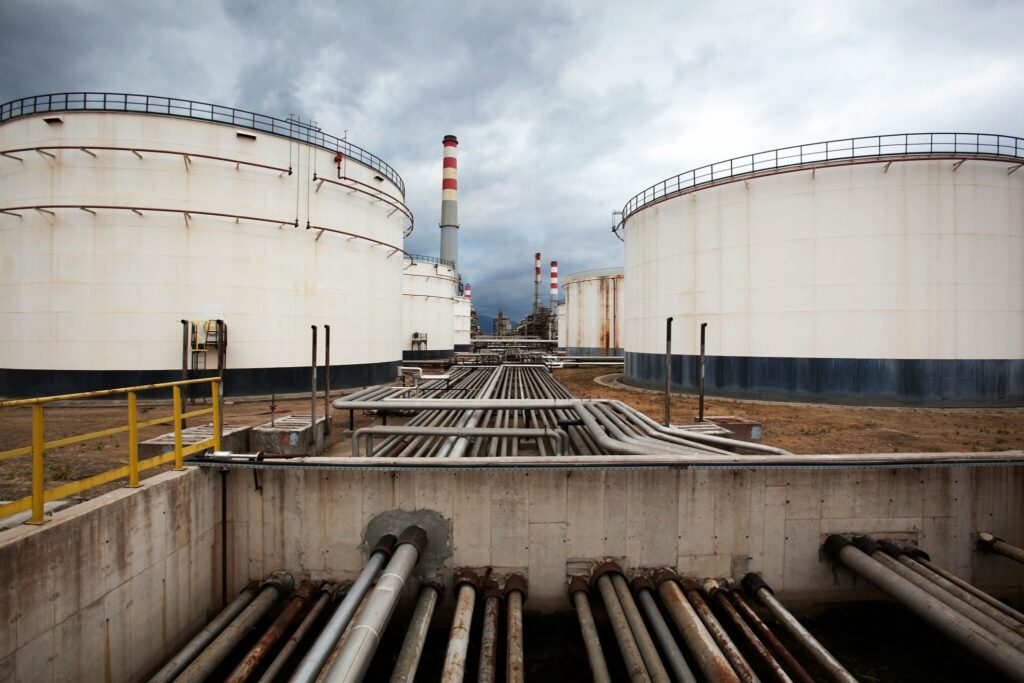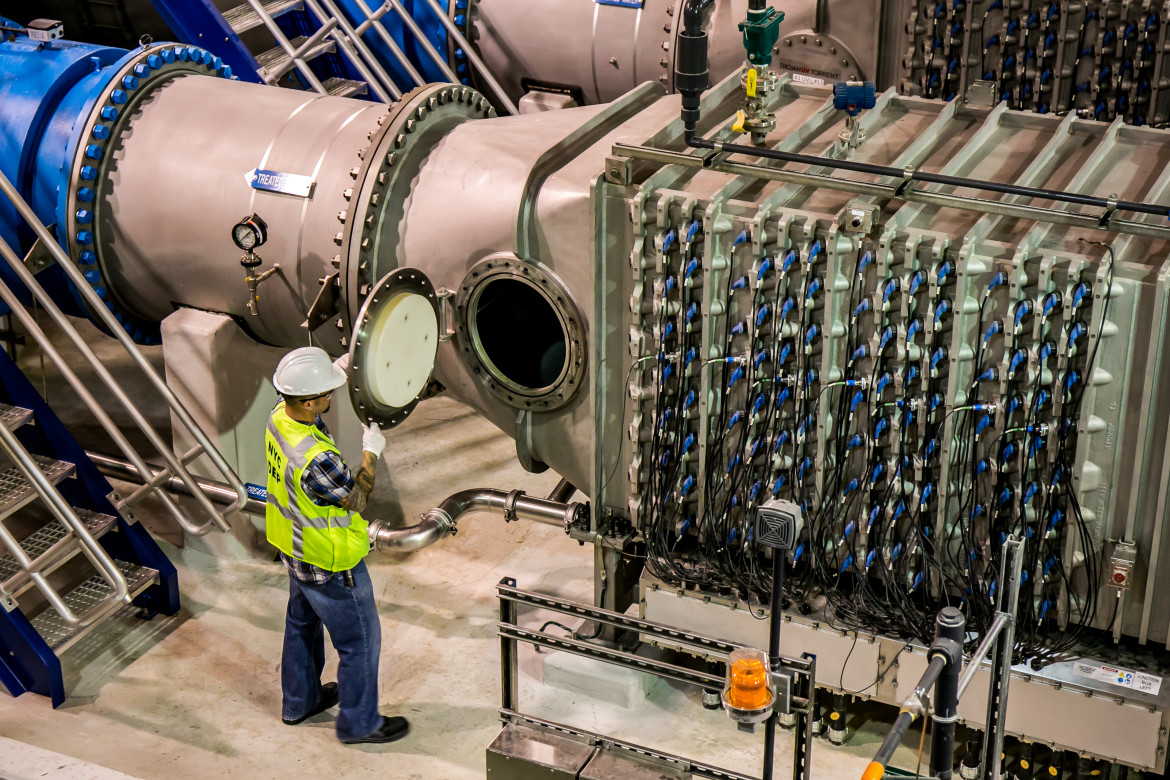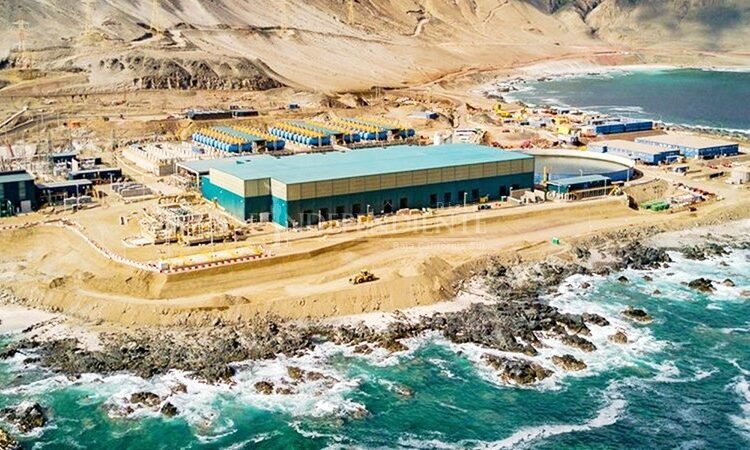Let’s talk about water treatment chemicals – not as a distant, technical concept, but as a day-to-day reality that impacts us all. These chemicals are the unsung heroes that ensure the water we rely on every day is clean, safe, and ready to use. It’s a vital aspect of our lives, often overlooked, but incredibly important. Chemicals vs greener solutions in water treatment
Understanding the Chemistry of Clean Water
Picture this: a range of chemicals, each with a specific job, working together to purify our water. From coagulants that gather tiny impurities to disinfectants like chlorine that guard against microbes, these chemicals are key players in the journey from water source to our homes and businesses.

Innovators like Kemira Oyj and BASF-SE are constantly pushing the boundaries, making these processes more effective and safer, for example:
a. Kemira Oyj: They are expanding their ferric sulfate production in the UK by 70,000 tons to meet the demand from stricter nutrient discharge regulations. This expansion is set to be operational by Q3 2025. Read more
b. BASF-SE: BASF focuses on agricultural solutions, including new herbicides and precision farming technologies. Their innovations, such as the SMART SPRAYING SOLUTION and new herbicides like Tirexor® Active and Luximo® Active, support more sustainable and efficient farming practices. Read more
However, let’s not shy away from the tough questions. Yes, water treatment chemicals are essential, but they’re not without their critics. Concerns about their potential impact on health and the environment are driving some serious conversations and innovations in the field. It’s a discussion we need to have, openly and honestly.
Evolving with Regulations and Sustainability
In response to these concerns, the industry is evolving. Stricter regulations are in place, driving a shift towards more sustainable and eco-friendly practices. It’s not just about compliance; it’s about responsibility towards our planet and future generations.
For example, In the European context, the European Commission proposed a recast of the Urban Wastewater Treatment Directive under the European Green Deal in October 2022. This directive, which dates back to 1991 and is crucial to the achievement of European Union water policy objectives, is being updated to address new challenges. Read more
The recast proposal introduces obligations for better control of pollution due to rainwater, stricter standards for nutrient removal, and requirements for advanced treatment to remove micro-pollutants.
Additionally, it includes a system of extended producer responsibility targeting pharmaceuticals and cosmetics, an energy neutrality obligation for wastewater treatment plants, and clarified requirements on water reuse and sludge management to enhance circularity. Monitoring health parameters in wastewater to support public health action is also proposed.
For the United States, it’s known that the U.S. Environmental Protection Agency (EPA) regularly updates and enforces regulations related to water treatment to ensure public health and environmental protection. Read more
These regulations typically cover aspects such as contaminant levels, treatment standards, and monitoring requirements for public water systems. Chemicals vs greener solutions in water treatment
The debate, Chemicals vs Greener solutions in Water Treatment
Here’s the big question: do we stick with traditional chemical treatments or pivot to greener alternatives? Chemicals have a track record of reliability, especially for large-scale operations. Yet, emerging technologies and methods, like advanced biological treatments, are painting a picture of a greener, more sustainable future in water treatment.

Here’s where it gets interesting. While traditional chemical treatments are tried and tested, they’re not without controversy. This has sparked a shift towards greener alternatives. For instance, the use of zeolite as a filter media is a game changer. Data shows that incorporating zeolite in the filtration stage has led to significant improvements.
A recent study revealed a 30% increase in water clarity and a 25% reduction in chemical usage. Additionally, operational expenditures (OPEX) saw a reduction of up to 20%, thanks to the enhanced efficiency and longevity of zeolite filters.
This isn’t just industry talk; it’s about all of us. The decisions we make about water treatment today will ripple through our communities and ecosystems tomorrow. It’s a shared journey, and every voice matters.
Bibliography
- Kemira. (2023). Kemira announces a multi-million euro investment in water treatment chemicals production in the UK. Retrieved from https://www.kemira.com/company/media/newsroom/releases/kemira-announces-a-multi-million-euro-investment-in-water-treatment-chemicals-production-in-the-uk/
- European Parliament. (2023). Urban wastewater treatment: Updating EU rules. Think Tank. Retrieved from https://www.europarl.europa.eu/thinktank/en/document.html?reference=EPRS_BRI(2023)698723
- BASF. (2023). BASF advances innovation pipeline with integrated solutions to accelerate agriculture’s transformation. Retrieved from https://www.basf.com/global/en/media/news-releases/2023/03/p-23-106.html





